An order from the Central Bank of Nigeria (CBN) requiring banks to collect customers’ social media handles as part of their Know the Lagos Federal High Court upheld Your Customer (KYC) procedures on Thursday, May 16.
The court determined that this provision does not infringe privacy rights. Justice Dimgba said that having a social media account requires public visibility.
Background and Court Decisions
The lawsuit began when Chris Eke, a Lagos-based lawyer, challenged the CBN’s 2023 Customer Due Diligence Regulations. He said that Section 6(a)(iv), which requires banks to obtain social media handles, was “undemocratic and unconstitutional,” violating Section 37 of the 1999 Constitution. Eke requested a perpetual injunction to prevent the CBN from enforcing this regulation.
The CBN filed a preliminary objection, asserting that the regulation does not infringe on privacy. Justice Dimgba found merit in the CBN’s objection and dismissed Eke’s suit. He stated, “I do not see how this [regulation] infringes on the right to privacy.” He noted that sharing social media handles used publicly by individuals does not constitute a privacy violation.
Implications for Nigerians
The court’s decision raises concerns about increased personal information intrusions. With Nigeria’s Central Bank Digital Currency (CBDC), the eNaira, such measures may heighten government and bank surveillance.
It could lead to customers de-risking or having assets frozen based on their social media activity, potentially infringing on free speech.
Bitcoin as a Financial Freedom Tool
In light of these developments, Bitcoin allows Nigerians to maintain financial freedom without compromising personal data. Bitcoin allows instant, global transactions and serves as a defence against economic repression and censorship.
As Nigeria faces severe economic challenges, including record inflation and currency devaluation, more Nigerians turn to Bitcoin to secure their financial future. This trend underscores the need for alternatives that protect economic freedom and personal privacy.
For many, Bitcoin represents hope amidst economic hardship, offering a way to preserve financial autonomy and freedom of speech. As regulatory pressures increase, the adoption of Bitcoin continues to grow, providing a vital lifeline for Nigerians seeking to navigate these challenges.






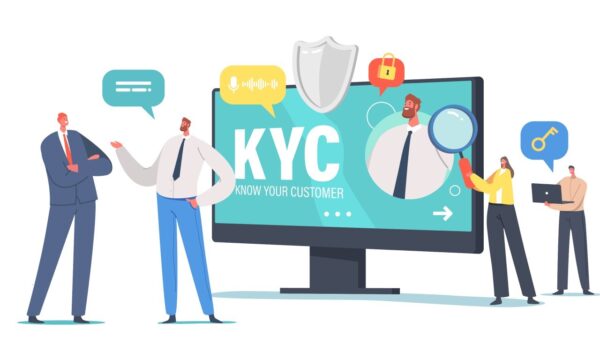





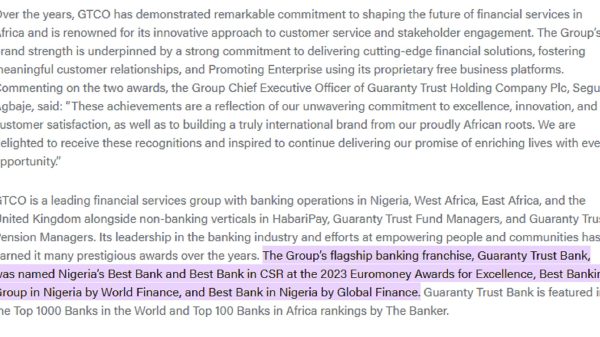



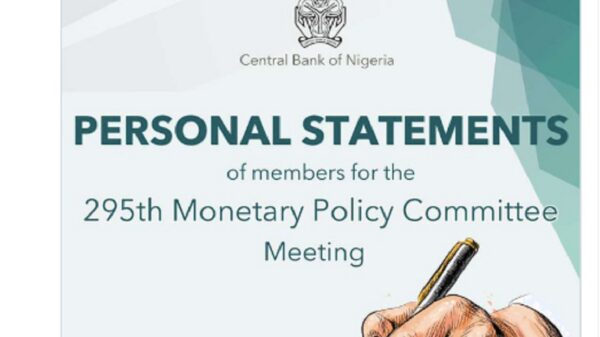
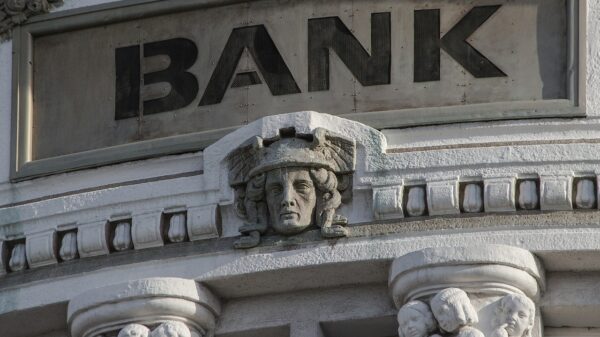


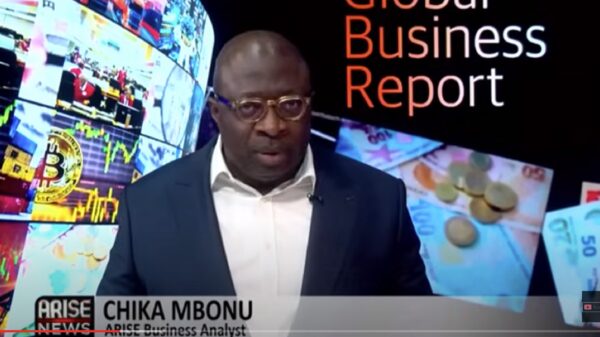




























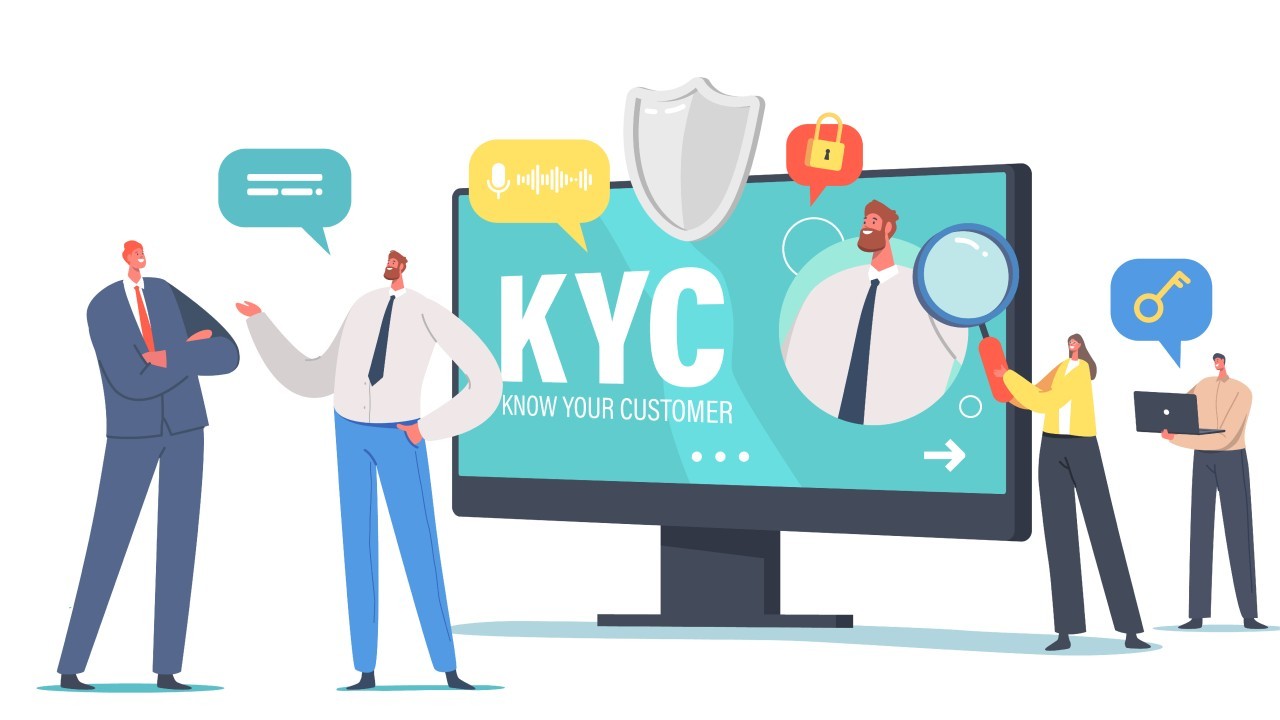



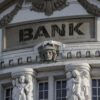
You must be logged in to post a comment Login